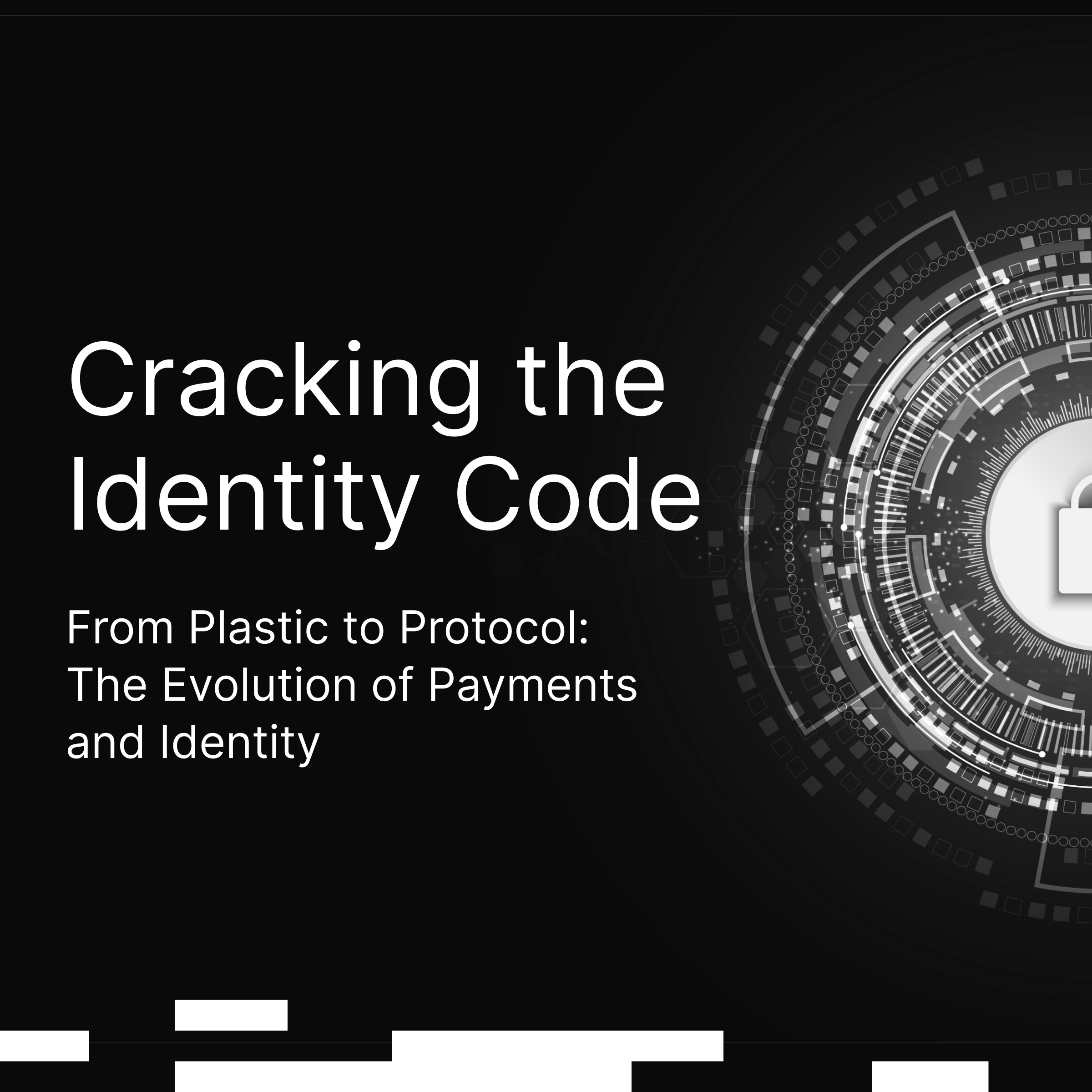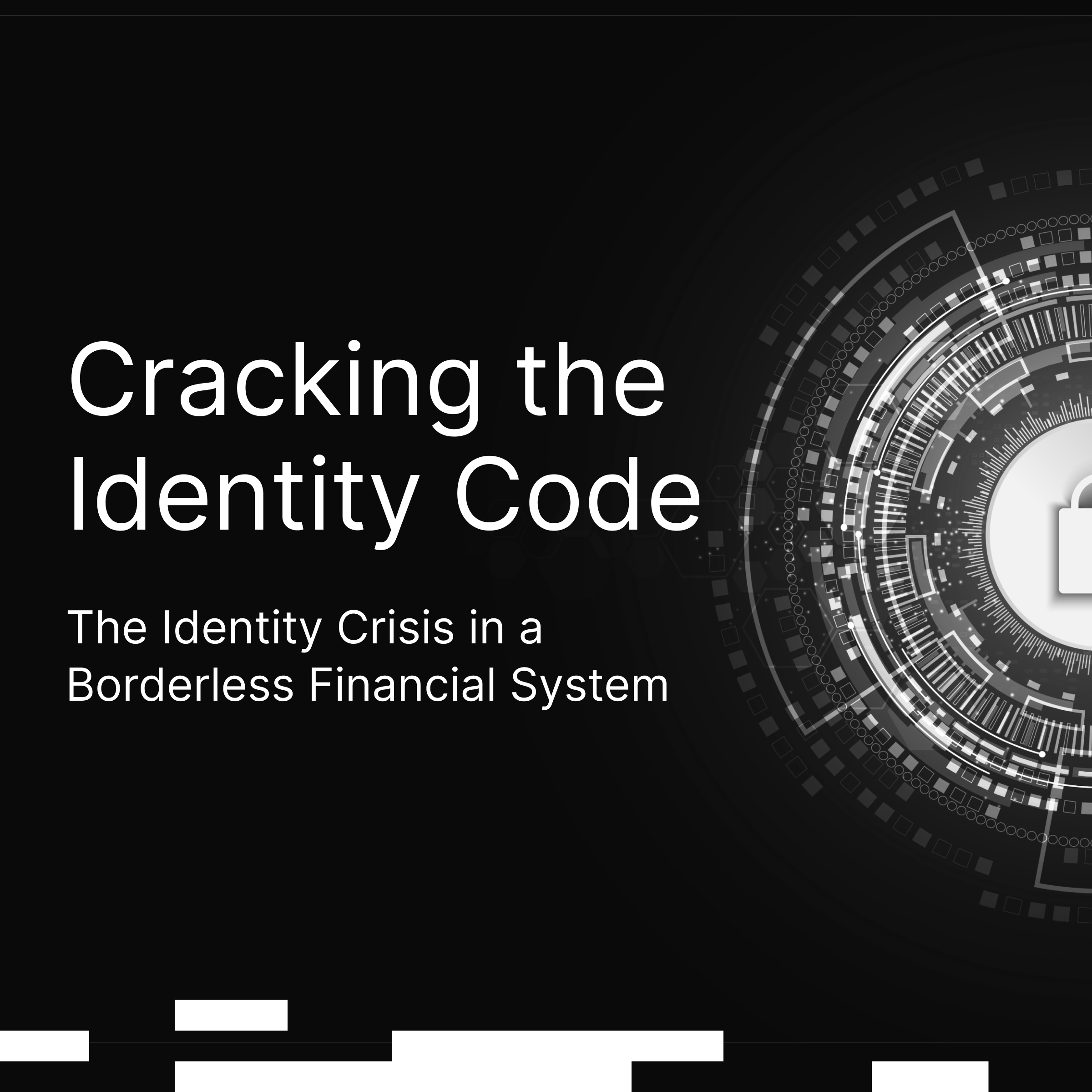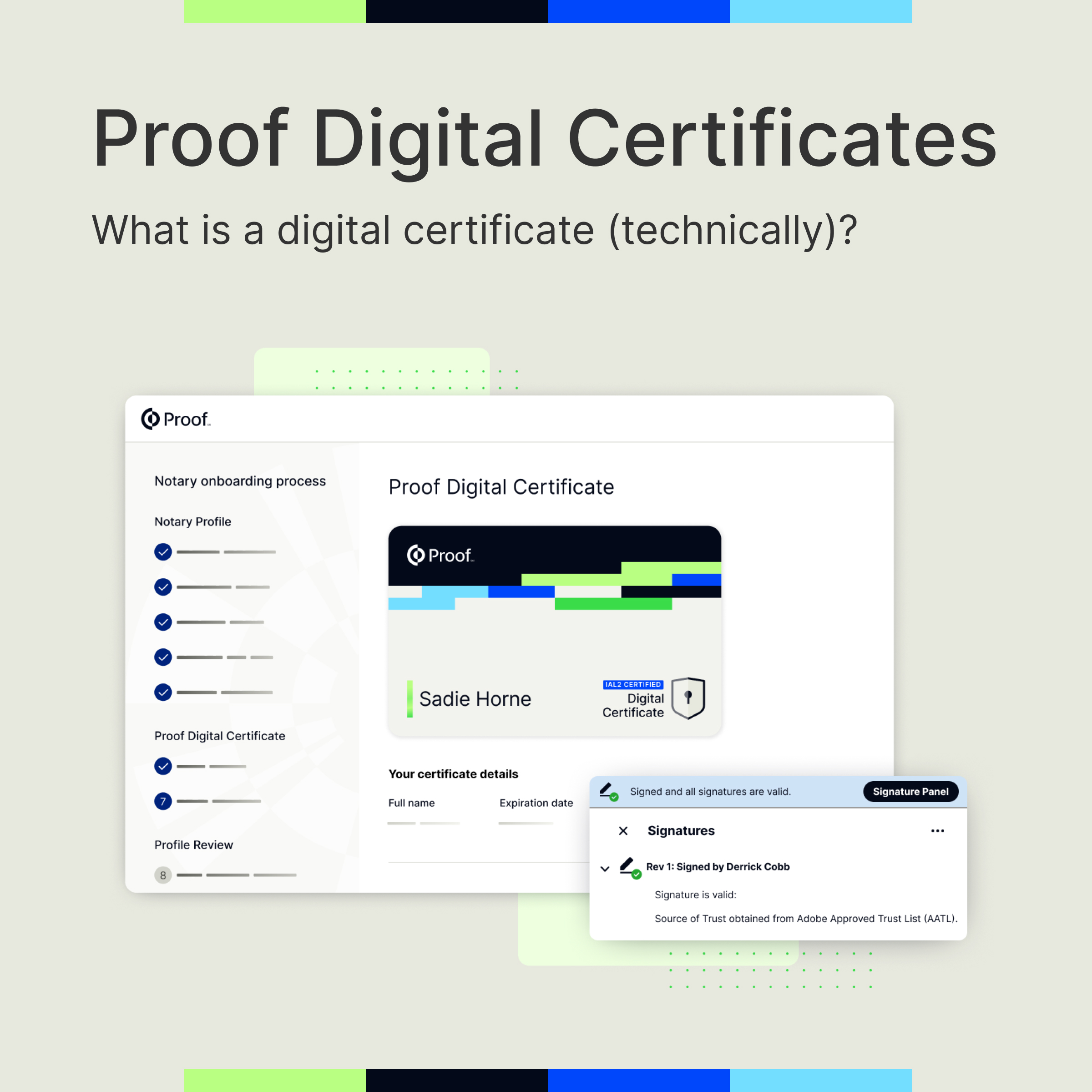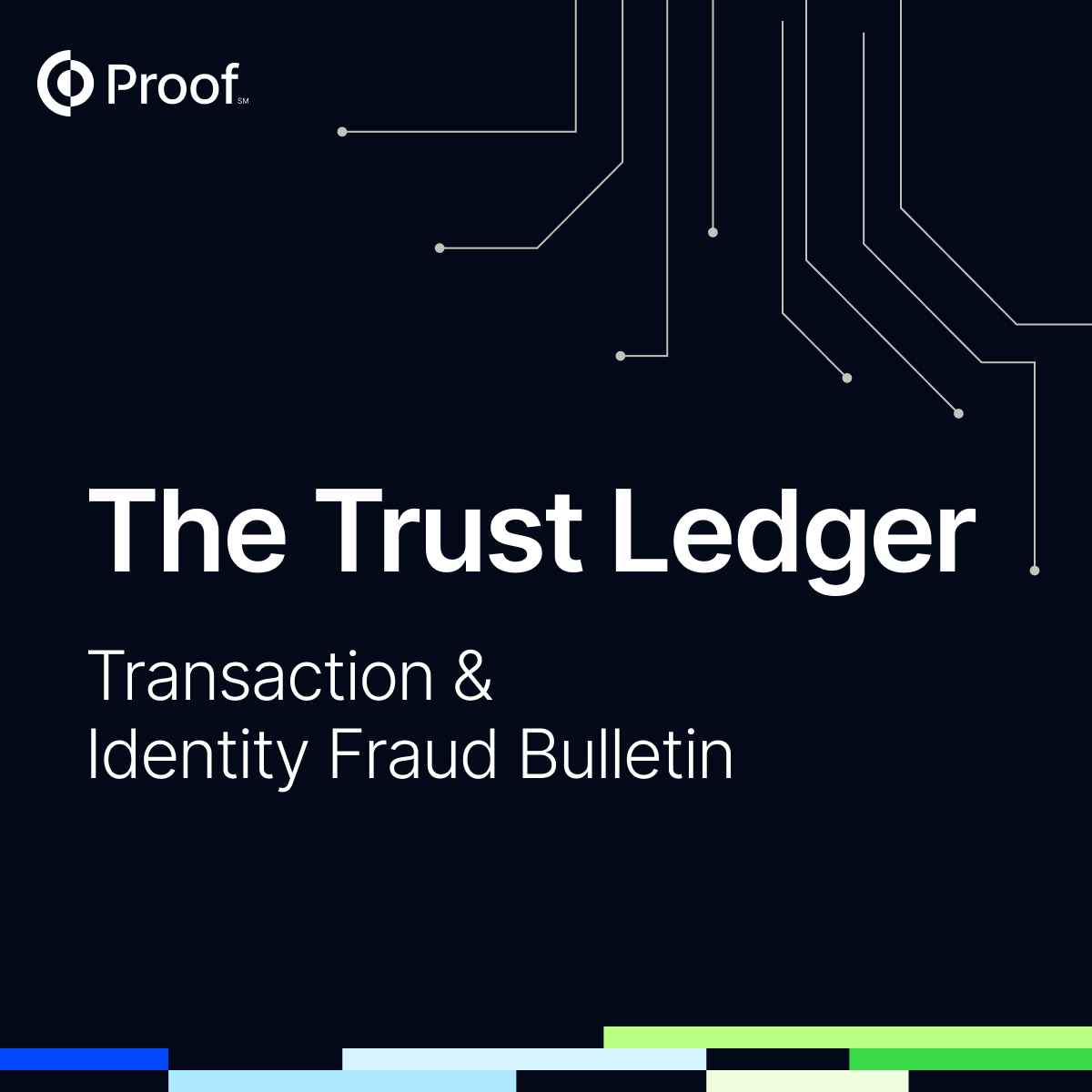Why Fraud Prevention is Key to the Auto Market


We have written before about the rapid migration from paper to digital documents for automotive transactions. While simple e-signatures are convenient, regulatory requirements have historically blocked the use of e-sign throughout the vehicle transfer process. In most cases, regulators have required the use of either a wet-ink signature or a higher level of identity proofing, specifically IAL2, in order to execute various required documents electronically, such as odometer disclosures, title documents, and others.
Any business that touches vehicle title and registration can benefit from transitioning to electronic documents. This includes dealerships, lenders, insurance carriers, salvage operators and tow services, all of whom need to collect multiple documents and signatures throughout their operations. Certain documents in particular, like the odometer disclosure, are critical to preserving the integrity of the auto industry and must be accurate and impervious to fraud, hence the heightened security standards that have been imposed on them.
Earlier this spring, the National Highway Traffic Safety Administration (NHTSA) and the American Association of Motor Vehicle Administrators (AAMVA) separately issued clarification and guidance regarding the required use of IAL2 when executing certain documents electronically. In short, they acknowledged that while states continue to roll out electronic registration and title (ERT) systems, IAL2 is not required when a physical document is uploaded to a digital platform. A physical document that is uploaded can be signed using regular e-sign.
While this clarification may make the process more convenient, skipping IAL2 verification, or identity proofing altogether , can bring about a much higher risk of fraud. For states and businesses alike, onboarding an identity proofing solution has a number of benefits, with fraud protection being chief among them:
- Reduced Fraud: IAL2 authentication significantly reduces the risk of fraudulently executed documents by ensuring that only authorized and verified individuals can electronically sign them. This protects the integrity of essential items like the odometer disclosure specifically but also, by extension, the overall sale or agreement because the transaction cannot be completed without an odometer disclosure.
- Legal Compliance: Motor vehicle policy is set by each state, in some cases, at the county level. By meeting the requirements set by IAL2, businesses and individuals can ensure that they’re in compliance with higher execution requirements from state to state.
- Increased Market Opportunity: IAL2 allows businesses to authenticate customers remotely, which means they can serve customers anywhere without requiring them to visit a physical location. This broadens the markets and customer populations that business can serve without the costs of building a local presence.
- Lower Costs: For businesses serving customers beyond their physical footprint, going electronic eliminates the costs and delays of overnighting documents and chasing customers to sign and return those documents.
- Trust and Confidence: Implementing strong authentication measures enhances the trust and confidence of all parties involved in the vehicle transfer process, from sellers and buyers to financial institutions and regulatory bodies.
While industry regulators may be choosing more relaxed requirements, business owners must weigh increased convenience against the very real increased risk of fraud in their transactions. Continuing to put identity proofing in front of an electronic signature protects the integrity of the transaction and the interests of all parties involved.
Fraud prevention remains top of mind
While AAMVA acknowledges the convenience a change in policy may bring about, they also recommend that state regulators take full advantage of available technology to fight fraud.
Business owners who recognize the value of preventing fraud and avoiding costly losses should continue to require identity proofing before executing an electronic document.
We recently introduced Identify with Proof. This is the first ever ‘plug and play’ customer verification solution that can be deployed into all critical customer interactions with no code. Business users can deploy this solution without the need for an IT integration and, along with Defend, advanced fraud detection technology can be enabled over a neatly integrated customer experience.














































































.jpg)





.png)

.png)







.png)















.jpg)













.png)

.jpg)

